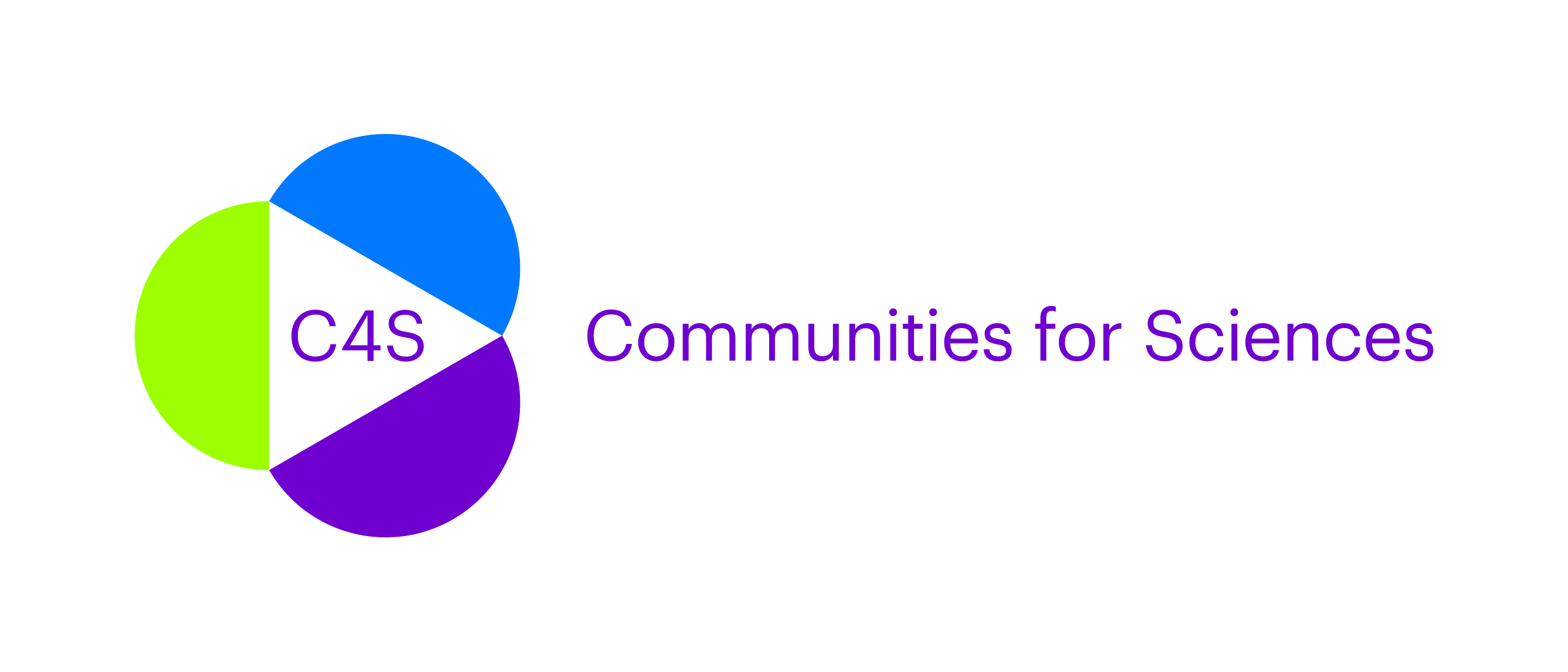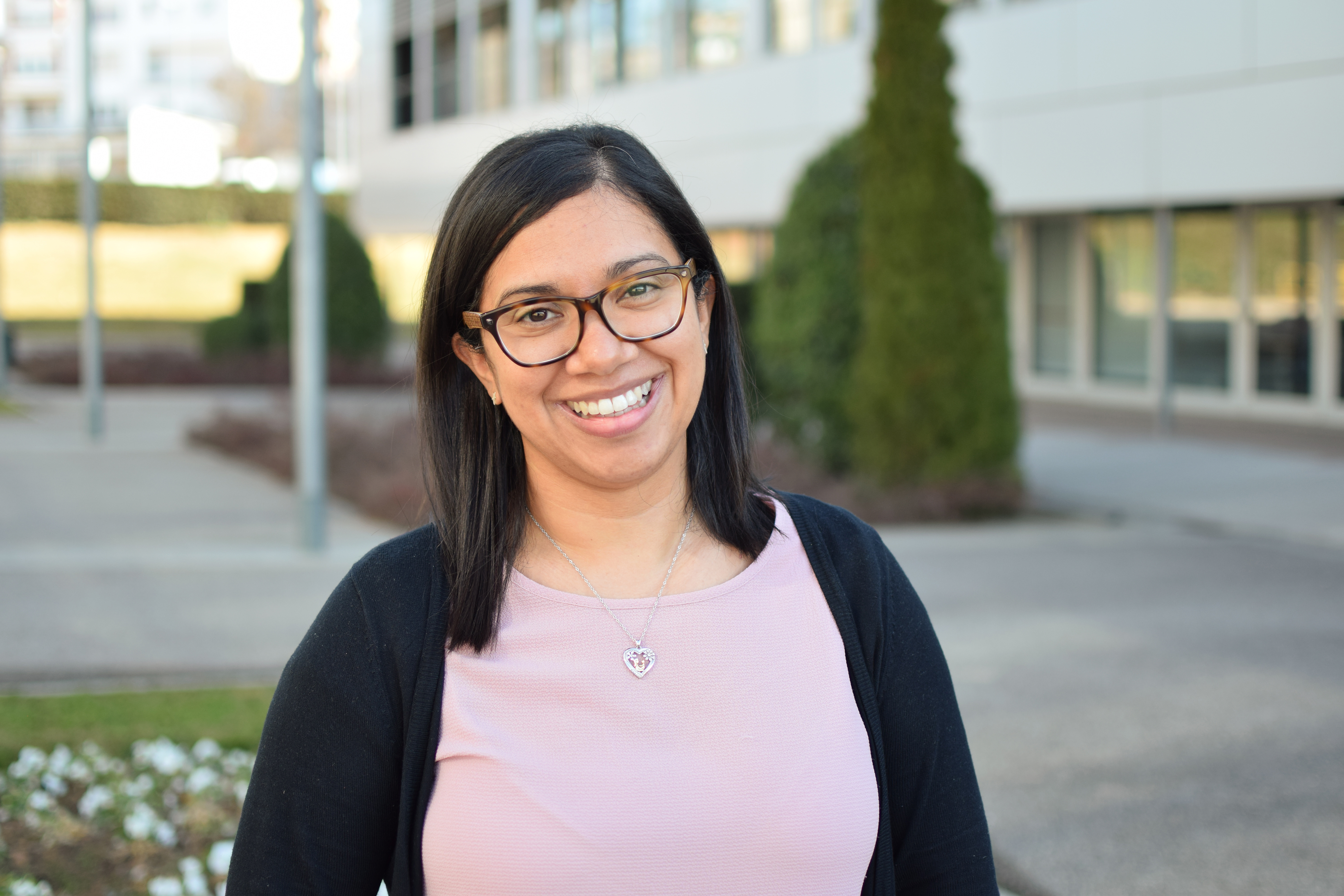You are an expert in Materials Science. When, how and why did you decided to go into this research field?
Since I was a child, I knew that I would study a scientific career. I chose chemistry because I have always been curious to know the composition/structure of things and because I dreamed of being in a laboratory. Already in the career, I was captivated by a professor who taught the subject of electrochemistry, so I did the degree project in this area. When I finished my chemistry degree, I wanted to continue my specialization in electrochemistry, but I did not want to work in a basic chemical science, I was more interested to find out a direct application to society. Consequently, my doctoral thesis project was focused on the study of new materials obtained from environmentally friendly processes for application as electrodes in energy storage devices. In conclusion, I think it has been the convergence of good decisions and finding excellent and positive people in my professional development career.
Which were your references when you decided to get into Materials Science Research? Which people influences you most? In which ways?
I have had several references during my scientific career, but the most relevant have been my professor of electrochemistry when I was studying chemistry and my doctoral thesis directors. All three have taught me passion and respect for science, to be methodical, rigorous, and persevering with research, to learn from mistakes and not to see them as failures, but as achievements that lead us to the discovery of new knowledge.
I also want to mention my lab mates and colleges, all of them taught me teamwork, to learn to ask for help when needed and to listen to constructive criticism that allows you to improve your work.
Now you are dealing with research management. How important is management in the whole research process?
A research project is a teamwork, where everyone has its own responsibilities, and everyone supports each other to achieve together the main goal. Our duty in the research management is the link between the researchers and the funding institution and the management of the center where the project is developed. A project manager has to provide support to the rest of the team to complete the assigned tasks within the established deadline, maintain efficient communication with the management of the center and the funding institution, supervise and control the expenses of the assigned budget, among others.
What do you do as coordinator of the PECT BAGESS?
In the PECT BAGESS project, I participate in the planning, execution, and supervision of the assigned tasks: the monitoring of the progress of these tasks and assure that they are executed according to the established schedule; the control of the expenses within the assigned budget; the interaction with the rest of the partners of the participating institutions; the communication of the progress of the project to the rest of the partners and the search for new projects related to the objectives of the PECT BAGESS.
How did you experience learning science in school? What did you like most? Did you miss anything? Did you find yourself represented with the science referents you had at your disposal?
Honestly, I don’t remember how I learnt science at school, the memories I have are from my teachers at the school and me reading textbooks. I suppose there were activities that encouraged my critical thinking and the development of curiosity. In relation to science learning I found a lot of things missing such as working on project basis, letting me explore my qualities and discovering the world on my own way and not through hours and hours of books. I don’t want to say that this was wrong, but it could have been more balanced or done in another way.
Nevertheless, my childhood was spent in a scientific world, since I was lucky enough to be born in a family that gave great importance to this type of education. From my grandparents, my parents and aunties educated me through exploration and self-discovery, through play. I remember afternoons in the kitchen with my grandmothers handling or preparing food, measuring, observing, and participating in the whole process of making a meal. With my parents, having to solve treasure maps or overcome mental challenges to achieve what I wanted. But the most special was with my aunties, biologists by profession, with them everything was about experiments, tests to prove hypotheses that they put forward, my first visit to a university laboratory and many other things. I had excellent family references that complemented the education I received at school.

